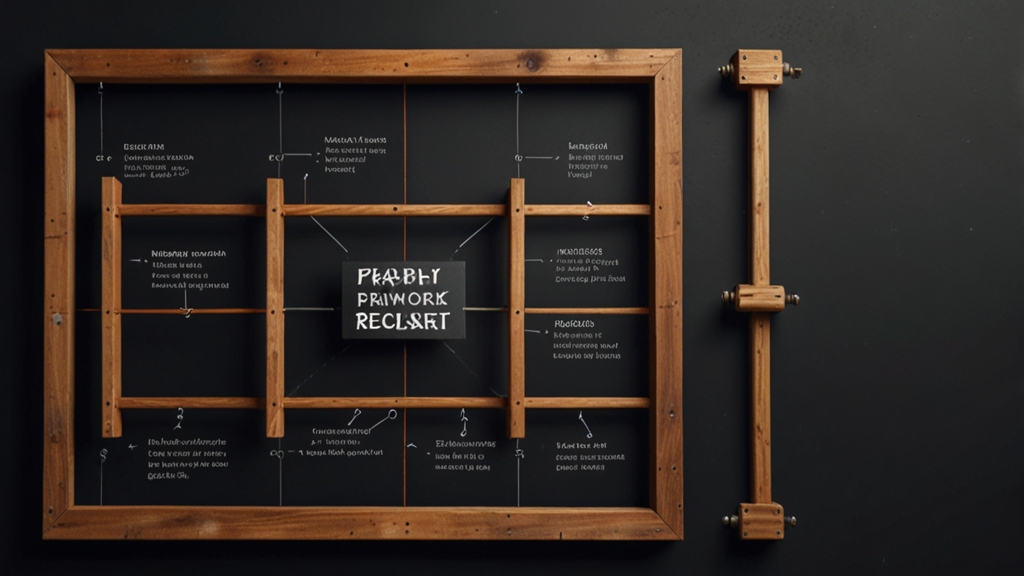Make Your Study Time Count: Tips from the Pros
Studying effectively is an art that can be mastered with the right techniques and strategies. Whether you're a high school student preparing for exams or a college student tackling complex subjects, making your study time count is crucial. We've gathered insights from educators, academic coaches, and successful students to help you maximize your study sessions. Here are some expert tips to boost your productivity and enhance your learning experience.
Set Clear Goals and Objectives
Setting clear, achievable goals is the first step to effective studying. Having a defined purpose gives you direction and motivation. Start each study session by outlining what you aim to accomplish. Break down larger tasks into smaller, manageable chunks to avoid feeling overwhelmed.
"A clear objective keeps you focused and prevents you from wandering off track. Knowing exactly what you want to achieve can make a significant difference in your productivity." - Dr. Jennifer Collins, Educational Psychologist
Create a Dedicated Study Space
Your study environment plays a vital role in your ability to concentrate. Designate a specific area for studying, free from distractions. Ensure your space is well-lit, organized, and equipped with all necessary materials. Having a dedicated study space helps signal your brain that it's time to focus.
"Consistent use of a dedicated study space trains your brain to associate that environment with productivity and learning, thereby enhancing focus and efficiency." - Mark Thompson, Academic Coach
Utilize Active Learning Techniques
Active learning involves engaging with the material in a way that promotes understanding and retention. Techniques such as summarizing information in your own words, teaching the material to someone else, or creating mind maps can deepen your comprehension. Avoid passive reading or note-taking without interaction.
Incorporate a variety of learning methods, such as visual aids, practice problems, or group discussions, to cater to different learning styles and reinforce the material.
Take Regular Breaks
While it may seem counterintuitive, taking regular breaks can enhance your productivity. The Pomodoro Technique, which involves studying for 25 minutes followed by a 5-minute break, is a popular method. Taking breaks prevents burnout and helps maintain a high level of focus and energy throughout your study sessions.
"Short breaks allow your brain to rest and recharge, making you more effective and efficient when you return to studying." - Sarah Lewis, Productivity Expert
Practice Self-Assessment
Regularly evaluate your understanding and identify areas that need improvement. Self-assessment can be as simple as taking practice quizzes, summarizing key concepts from memory, or discussing topics with peers. This continual evaluation helps you stay on track and address gaps in your knowledge promptly.
Stay Organized
Organizational skills are crucial for effective studying. Keep your study materials, notes, and schedules in order. Use planners or digital tools to track your assignments, deadlines, and study sessions. An organized approach minimizes stress and allows you to focus more on learning rather than searching for materials.
Stay Healthy
Your physical health significantly impacts your cognitive functions. Ensure you get adequate sleep, maintain a balanced diet, and exercise regularly. These habits boost your energy levels, enhance concentration, and improve memory retention.
In conclusion, making your study time count involves a combination of strategic planning, effective techniques, and self-care. By setting clear goals, creating a conducive study environment, engaging in active learning, taking breaks, practicing self-assessment, staying organized, and maintaining your health, you can optimize your study sessions and achieve better academic outcomes. Implement these tips from the pros and watch your productivity soar.










